When you think of people committing criminal acts, getting caught in priestly garb doesn’t exactly spring to mind.
After all, how profitable can it be to pretend to be a clergy member?
Plus, think of the karma (pun intended).
Apparently, there are some out there who think that dressing up us a priest can go a long way in lining their pockets with the minimum amount of work.
For some, they may be right. They find that it is much easier to get people to donate to their “charity” if people believe that they are a leader in the church.
Plus, parking at Kaiser is a breeze.
Many states have laws against impersonating a member of the clergy, including New York, Pennsylvania, Massachusetts and Alabama.
Back in November 1995, there was a case of a man named John Fortune who pretended to be a priest, even going so far as to perform baptisms and listening to confessions. He also, during that time, managed to con a woman out of $12,000.
Fortune’s priestly pseudonym was Father Giustino Visconti. He befriended a Bronx woman in early 1990. He claimed to be a teacher at Fordham University and that he did not serve at any particular church.
Fortune was able to convince the woman to invest her retirement savings in a mutual fund that was sponsored by a church, in total nearly $12,000.
 The victim did not suspect that he was not in fact a priest until he backed out of performing her son’s marriage ceremony. How noble of him!
The victim did not suspect that he was not in fact a priest until he backed out of performing her son’s marriage ceremony. How noble of him!
The woman called local churches and Fordham University and found that Fortune was not registered at any of them.
She called the police to report the fraud and he was picked up by police and charged with criminal impersonation, grand larceny and fraudulent accosting.
A Boston man was arrested in 2010, accused of impersonating a priest and depositing fraudulent checks into various bank accounts. The man, Koffi Gbikpi, was said to have opened between 20 and 30 bank accounts in different banks around the state and depositing starter checks into the accounts for large amounts of money, all while dressed as a priest.
Perhaps he thought that this would make him appear less like a criminal?
In Pennsylvania, a man named Paul Schlear Jr. spent a lot of effort on pretending to be a local priest in Philadelphia. Schlear had attended two funerals for slain officers while dressed in white vestments. He also visited an officer in the hospital on several occasions, befriending his family during his visits, acting as a priest.
There were also instances where Schlear was found to be wearing the uniform of local firefighters and had to be told by the Commissioner of the department to take the gear off.
Schlear used his priest-impersonating skills to borrow a large sum of money from a local restaurant owner in order to save his home from foreclosure. He also, it was found, borrowed $74,000 from a Philadelphia firefighter and failed to repay the loan.
The fake priest was charged with false impersonation and criminal trespass.
Criminals like these take advantage of a trusted position in order to earn an illegal profit.
While it might seem strange to see the law on the books, there is actually very good reason for it to be there.

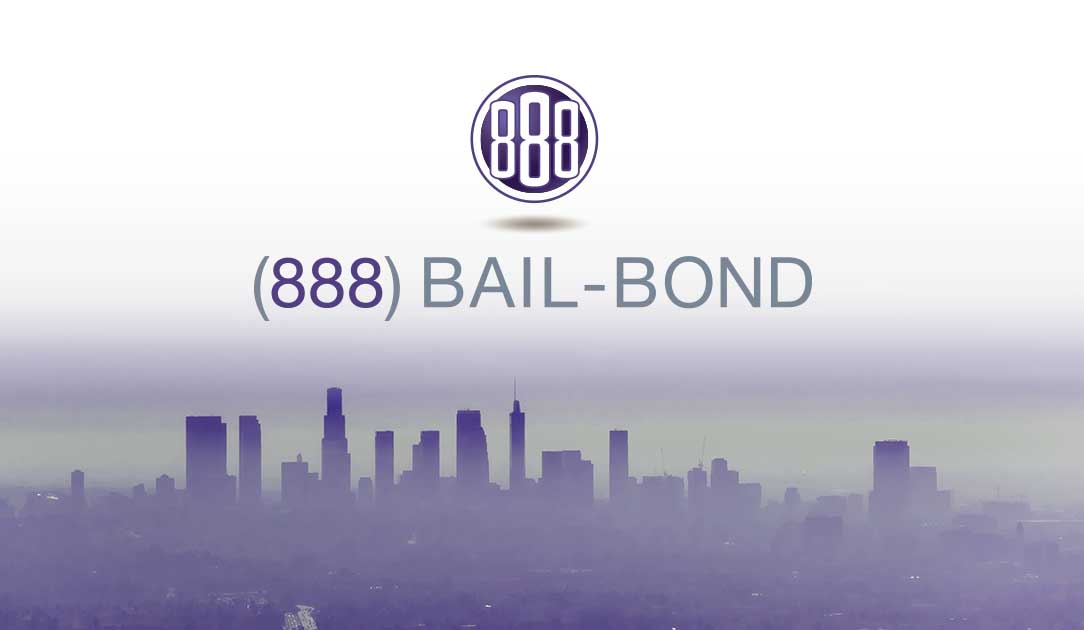
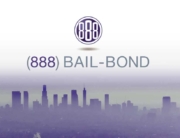
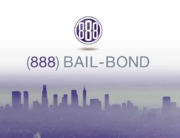
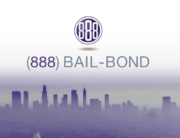
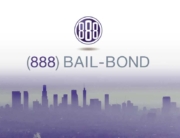
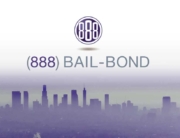
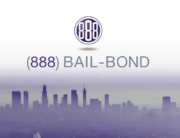
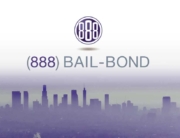

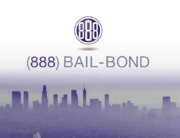





Follow Us
Facebook
Twitter
Google +1
LinkedIn
Youtube